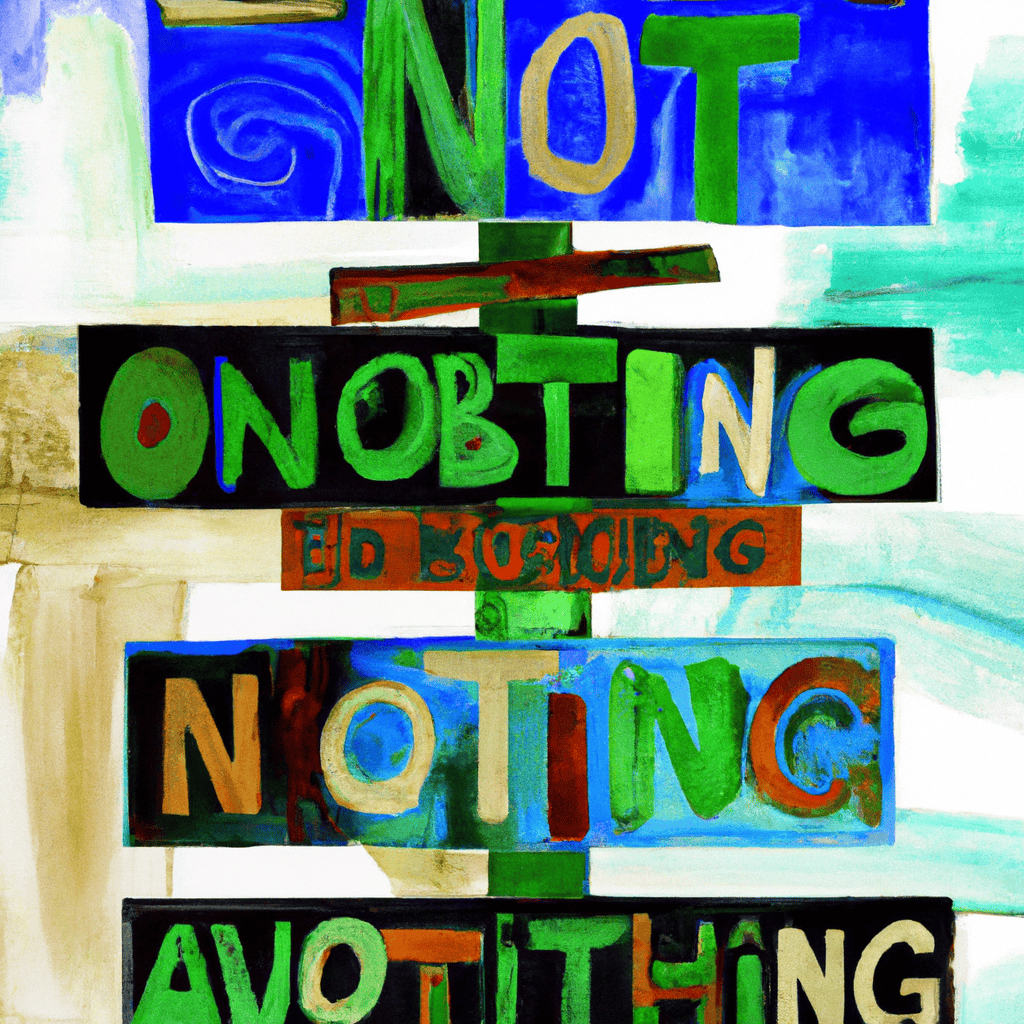
"Doing nothing is not an option"
12 Jan 2007 - Bruno Prior
"Doing nothing is not an option." So says the Government's spokesman, as an explanation for why they will press ahead with road pricing against strong public antipathy.
The culture of doing something because "something must be done" is what this site exists to challenge. Though it is endemic, you rarely hear this approach to government expressed so baldly.
There are arguments for and against road pricing. And there are arguments against those arguments. But "doing nothing is not an option" is no argument either in favour of any particular option, or against people who oppose that option. On that basis, you might as well stick your arm in the fire, because the flame is dieing and "something needs to be done".
If something is wrong, it is not something that needs to be done in response, but the right thing. Often, doing nothing is the right thing, sometimes there is something positive that should be done. But the existence of the problem is never justification in its own right for any particular response.
What makes this particularly galling is the inconsistency. Tony Blair argues disingenuously that it would be wrong to price people out of the skies, and wrong to expect people to cut back on their travel plans in that regard. And yet he argues that the way to deal with congestion and the environmental impact of cars is to try to price people off the roads. In this case, it is apparently not wrong to expect people to cut back on their road-based travel plans.
Foreign travel is hardly more important to most people's quality of life than the ability to travel to work or drop the kids to school. It is more avoidable for most. Its impact on the environment is more significant per pound and per minute, and its rate of growth is faster. Why would we treat the luxury as an inate right, but the essential (for many people) as something to be deterred?
Until carbon is priced equally across all its different sources, how will we know whether people prefer to reduce their carbon emissions by using their car less, by taking fewer foreign holidays, by reducing their energy-wastage in their house, or some combination of these three and other options? As usual, the Government already thinks it knows what we want or what is good for us. All of us, that is, because we all want the same thing, right? Or at least, if we don't want the same thing as the "majority", we don't count. And they are going to give us what they think we should want, whether we want it or not.
Could the real explanation for Mr Blair's hypocrisy be that he does rather a lot of foreign travel and not much driving? Could this be the explanation why supposedly "green" politicians like David Cameron and Charles Kennedy also resist pricing carbon emissions from aircraft equally to those from cars (and other sources)? Those in the Westminster bubble have the luxury of a public-transport system that can get them to most places they want to go in London (or chauffeur-driven vehicles not subject to the constraints the rest of us have to face). They forget that, for the majority in the country who live outside the metropolis, a car may be a rather more important part of their life than a foreign holiday.
For some that will not be true. With equal pricing of carbon, it would not be necessary to make any assumptions about people's preferences one way or the other - they would express it through their choices and behaviour. But none of our political parties believes in the market and individual choices. Instead, like all socialists, paternalists and authoritarians (a tautological list), our politicians assume that if it's not true for them, it can't be true for anybody. So we get what they know must be right for us, because it's right for them. In this case, for no good reason, they make winners of tourists and losers of drivers.